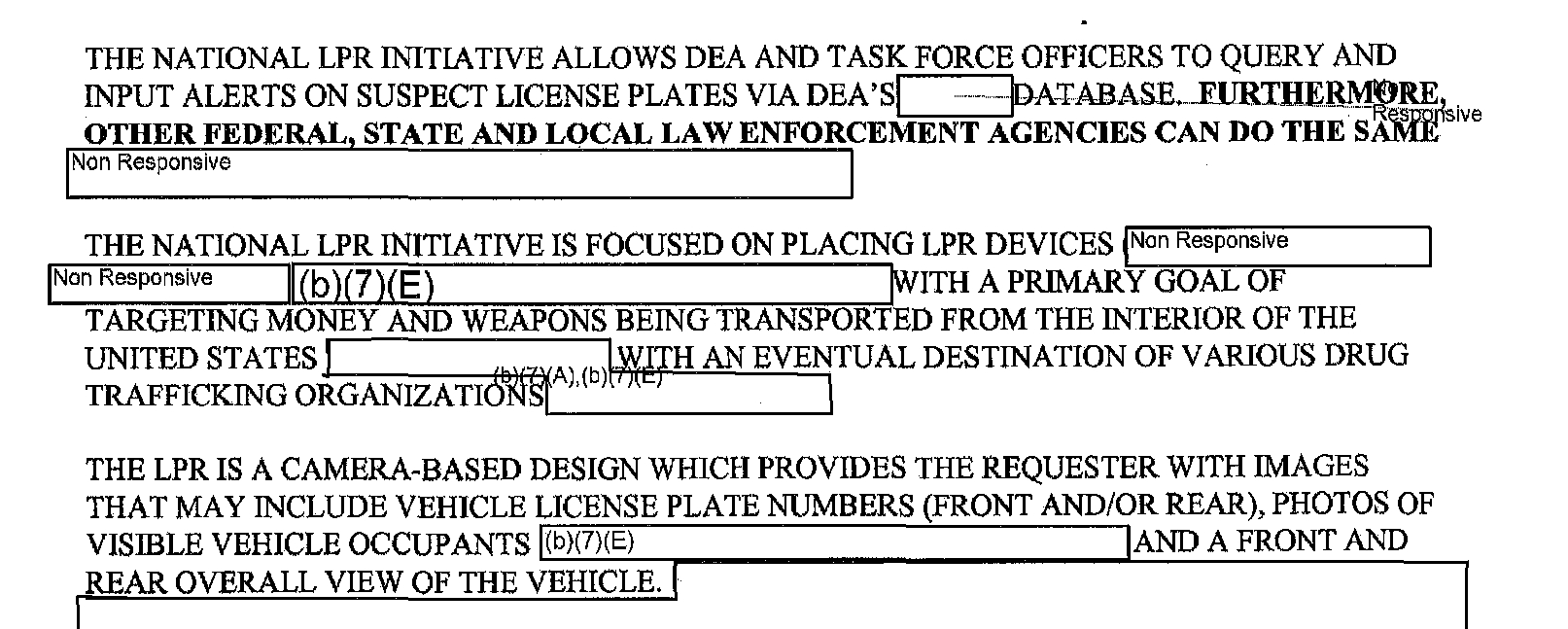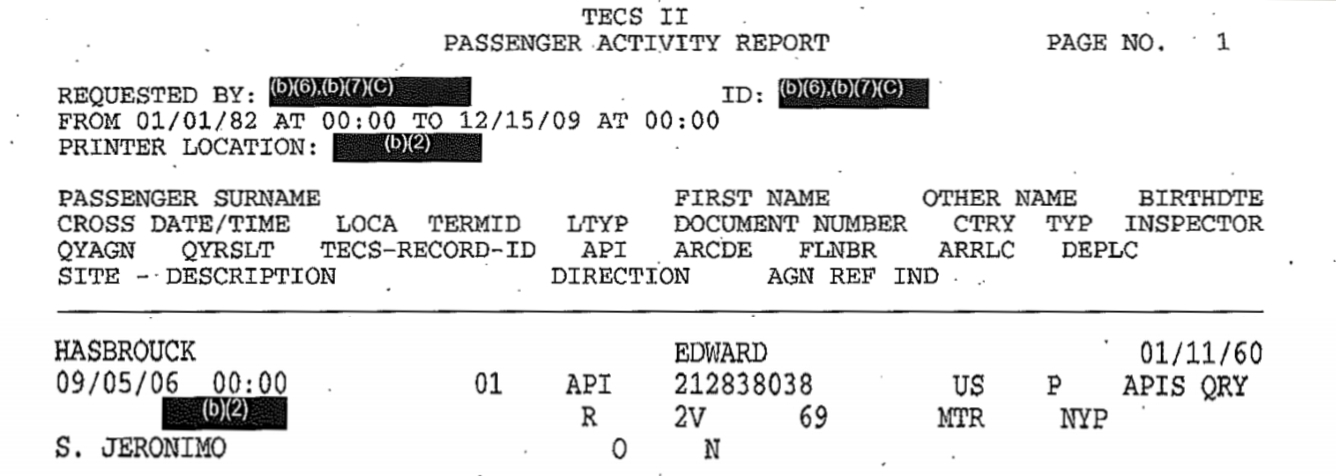The U.S. Supreme Court has recognized that under U.S. law, once you have paid for a hotel room, your room is your home and your castle. You are entitled to the same protection against unwanted intrusions in a hotel room as you would be in the same room if you owned it outright as a condo.
As is often the case, however, the law is one thing and business norms are another. The difference is made clear in a fascinating and widely-misreported legal case involving a gambler arrested earlier this year in Las Vegas.
Paul Phua is a Malaysian businessman well known as a high-roller at casinos in Macau and in Las Vegas, where he has played in million-dollar-ante (U.S. dollars) televised poker games.
(Like nearby Hong Kong, Macau is an enclave that was formerly a foreign colony and is a now a “Special Administrative Region” of China. Macau uses its special status to provide a haven for legal casino gambling, which is generally illegal elsewhere in China. Most Chinese citizens can’t get visas to travel to the U.S. or other countries, but can more easily get permission to travel to Macau from the rest of China. As a result, Macau has become the world’s largest legal casino gambling center: Significantly more money is bet and lost to casinos in Macau than in Las Vegas.)
Paul Phua and his son Darren Phua were arrested in July of this year, during the soccer World Cup, in a residential villa (a 10,000-square-foot hotel suite) at the Caesar’s Palace casino-hotel complex in Las Vegas. Gambling, including betting on the World Cup, is of course legal in Las Vegas. That’s how Caesar’s Palace makes its money, that’s why the Phuas were there, and that’s why Ceasar’s had provided the Phuas with the use of its villas. The Phuas have been charged with US Federal crimes, however, for allegedly using the Internet connection from their hotel villa in Las Vegas to send messages to unlicensed sports betting businesses in Macau and elsewhere.
What made the headlines earlier this month, and led to an editorial in the New York Times, was a motion filed by the Phuas’ lawyers arguing that the searches of the Phuas’ villas were unconstitutional.
One of the lawyers on the brief for the Phuas is Tom Goldstein, founder of SCOTUSblog and, among many other cases on his resume, co-counsel for John Gilmore in his petition for certiorari to the Supreme Court in Gilmore v. Gonzales. The brief for the suppression of illegally obtained evidence against the Phuas is one of the best-written pieces of legal story-telling we’ve come across in a long time, even down to the legally irrelevant asides. (“Once they left the villas, the first comment of [agents] Lopez and Kung was to agree that the female butler was “pretty hot.” Ex. F., Trans. Disc 3, p. 39, lines 24-25. Turning back to the case, they…”)
The essence of the Phuas’ lawyers’ argument is that FBI agents and Nevada state law enforcement officers repeatedly cut off the Internet service to the Phuas’ villas, waited until the residents of the villas reported the outages, then came into the villas with hidden cameras and recorders but disguised as, and falsely claiming to be, repair technicians working for the hotel.
The police then used the information from these warrantless entries to apply for a search warrant for the Phuas’ villas as well as a another villa occupied by some alleged associates of the Phuas, claiming that the residents of the villas had “consented” to their coming inside.
The legal issue is whether you can be deemed to have “consented” to a search by the police if you let a person into your home who claims to be a repair technician, especially when the only reason you called for service is that the police had turned off your service.
This sounds like something out a comic-book story of surveillance in a tin-pot dictatorship, where the phone in your hotel room stops working (because the secret police have disconnected the line), and then the secret police show up at your door, pretending to be from the telephone company, and pretend to “fix” the phone while installing wiretapping devices.
There’s more to the malfeasance of the FBI and Nevada police in this case. They tried to hide from the judge the fact that they were the ones who had disconnected the DSL lines to the villas, prompting the residents’ service request to the hotel. They also claimed to the judge that the Phuas had been “free to leave” while they were being kept in handcuffs for more than five hours. Since the Phuas weren’t being detained, it wasn’t necessary to read them their rights or allow them to talk to their lawyer, who had shown up outside the villa and was turned away by police.
But what also interests us is the role of the hotel-casino management and staff.
The New York Times editorial, like much of the of the other news analysis, got this backwards:
During the 2014 World Cup, the agents suspected that an illegal gambling ring was operating out of several hotel rooms at Caesar’s Palace in Las Vegas, but they apparently did not have enough evidence to get a court-issued warrant. So they enlisted the hotel’s assistance in shutting off the Internet to those rooms, prompting the rooms’ occupants to call for help. Undercover agents disguised as repairmen appeared at the door, and the occupants let them in. While pretending to fix the service, the agents saw men watching soccer matches and looking at betting odds on their computers. There is nothing illegal about visiting sports-betting websites, but the agents relied primarily on that evidence to get their search warrant. What they failed to tell the judge was that they had turned off the Internet service themselves.
The voluminous court filings (those that are available without charge through RECAP are linked from this copy of the docket sheet) and other news reports about the underlying facts make clear that the actual chain of suspicion and illegal snooping went in the other direction:
Contrary to what the Times suggested, the police didn’t “enlist” the hotel in their investigation. Nor is it true, as the government implausibly claims in its response to the Phuas’ motion, that the hotel’s “contractor engaged in a private frolic outside of any … relationship with the agents.” The initiative to invade guests’ rooms came not from the police (as the Times misreported) or the contractor (as the government now claims) but from the hotel.
The hotel initiated the investigation, enlisted the police to spy on its guests, gave the police full access to all the data it had already collected about these guests and all the surveillance tools it had already installed, and provided support without which the police wouldn’t have been able to trick the guests into letting in the cops disguised as Internet repairmen.
Reprehensible (and unconstitutional) as the cops’ actions were in this case, anyone who spends time in hotel rooms ought to be at least as outraged at the hotel’s role in spying on its guests.
Read More →

